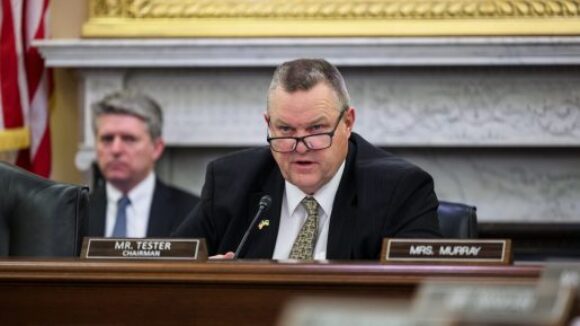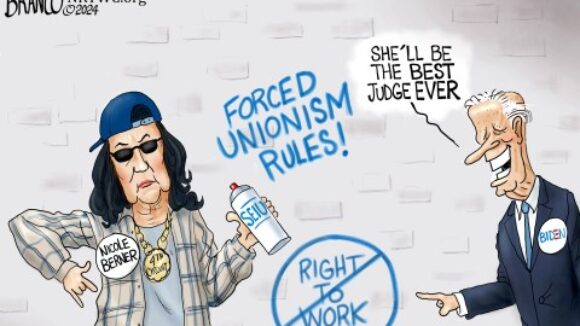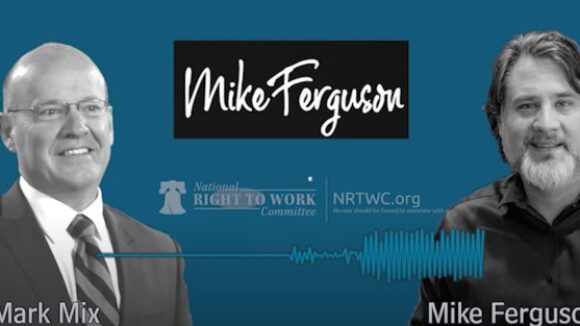Is your organization hemorrhaging members and dollars? On the brink of extinction?
Don’t fret. There’s a remedy: Just contribute oodles of money to your local legislator, and they’ll force people to pay your club and keep it afloat.
In essence, that’s what HB 1072 is all about. The bill would allow one group of employees to coerce everyone at a company to pay the union. And it’s on the fast track to the governor’s desk.
HB 1072 is so transparently unfair and potentially damaging to Colorado’s economy that business leaders and editorial boards of every ideological flavor have already lined up to oppose it.
. . .
The National Institute on Money in State Politics is a nonpartisan organization that tracks campaign finances. There you’ll find that many Democrats owe their political existence to unions.
Here’s a small sampling from 2006:
Colorado Senate President Joan Fitz-Gerald’s top 12 contributions were all from labor unions – around 32 percent of all her special-interest money.
Rep. Jim Riesberg’s top 11 contributions all came from labor unions – over 37 percent of his total.
Ten of Rep. Bernie Buescher’s top 13 contributions were from unions.
Eleven of Rep. Randy Fischer’s top 13 donors were unions. (The other two were Randy Fischer).
How generous.
Rep. Mike Merrifield’s top 11 contributors were labor unions; all told, almost 30 percent of his “economic interest” contributions. (This guy might as well take a paycheck from the teachers unions and get it over with.)
Fifteen of Rep. Judy Solano’s top 20 contributions were from labor unions.
Of Sen. Betty Boyd’s 20 top donors, 15 were unions. And so on…
As for Gov. Bill Ritter, 18 of his top 20 donors were labor unions (though it should be noted that the largest special-interest donor category to Ritter was listed by the institute as “Lawyers & Lobbyists.” Clearly, that group is deeply concerned about all that scandalous money in politics at the statehouse.)
If you substituted the words “union” and “labor” with “oil” and “gas,” rest assured that such contribution tallies would raise some angry eyebrows.
After all, unions supplied over a million dollars to local candidates in 2006. The oil and gas industry: $195,681.
The Colorado AFL-CIO, led by Steve Adams, gave more than $130,000 to local Democrats alone. This included $10,000 to Ritter’s campaign.
In local politics, that’s no small stake.
In fact, the importance of raising money can’t be belittled. Twenty-four of the top 25 fundraisers in Colorado House races won their elections. The same goes for the governor, attorney general, secretary of state and treasurer races.
Adams helped fund the Dems’ victory, and now he expects results. Actually, he’s so confident that HB 1072 will pass, he refuses to negotiate.
Now, some union advocates will try to create the impression that this is a struggle between “labor” and business – as if they’re of equal importance.
Over 90 percent of Colorado’s “labor” force has nothing to do with unions. This is about a shrinking special-interest group trying to buy legislation to survive.
Ritter’s decision on this pernicious bill will tell us a lot about the new governor – and about his promise to remain independent and moderate.


